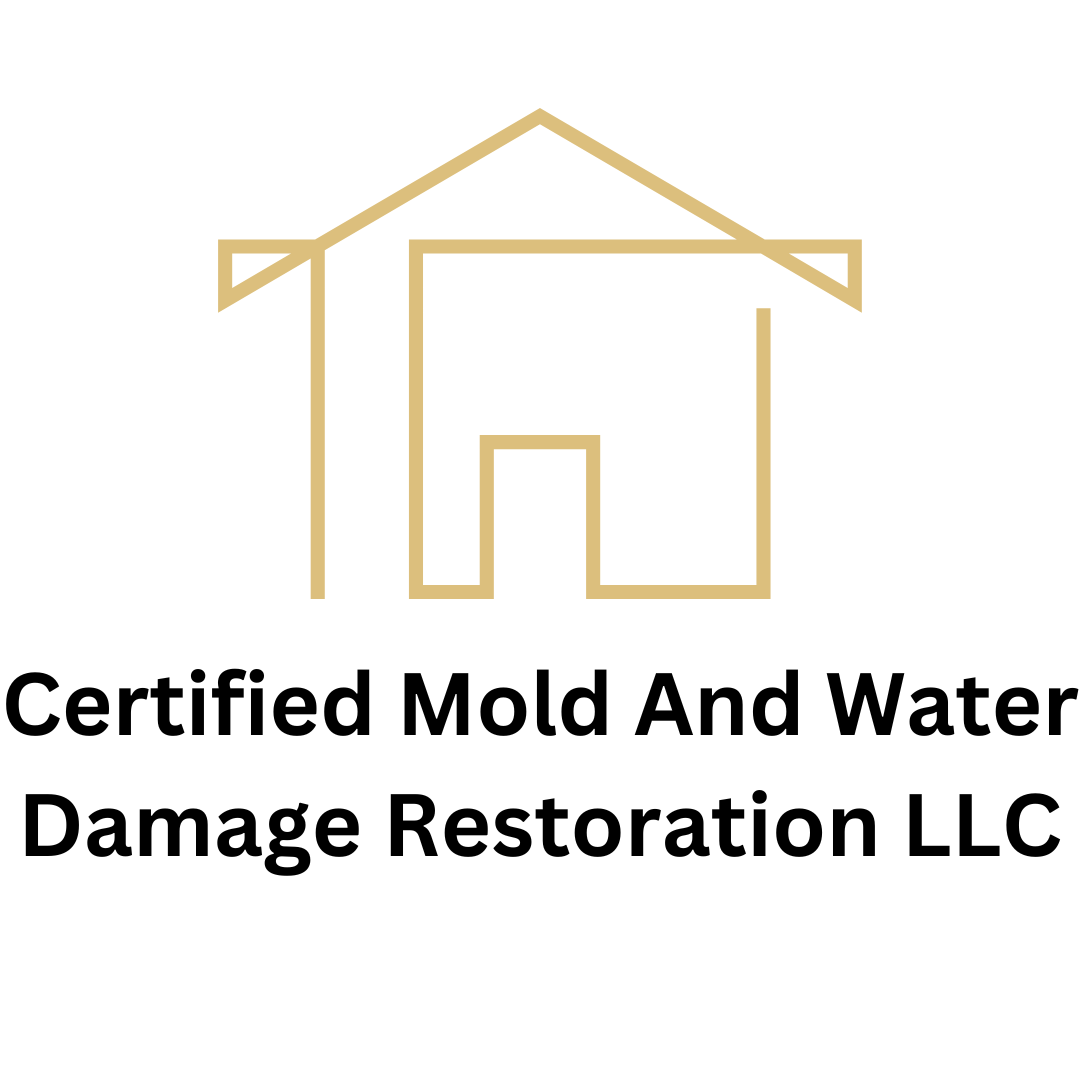What pipes can burst?
Water pipes can burst for various reasons, including freezing weather, corrosion, and improper installation. If you suspect that your water pipe may be about to burst, there are a few things you can do to prepare.
If a pipe bursts in your home, the first thing you should do is turn off the water valve. This will help minimize the damage caused by the burst pipe. If possible, locate the burst pipe and stop water flow with a towel or other object. Once the flow has been stoped, call a plumber to fix the line.
In some cases, a broken water pipe can be fixed without replacing the entire line. However, if the break is too extensive or if the tube is outdated, it may be necessary to replace the whole pipe. This can be a costly and time-consuming process, so it’s essential to take preventative measures to avoid breaking your water pipes in the first place.
You can help prevent water pipes from bursting by keeping them insulated adequately during winter months, regularly checking for leaks and corrosion, and ensuring that they are correctly installed. If you’re not sure how to do any of these things, ask a professional plumber for advice. Taking these simple precautions can help save you time and money down the road.
If you experience a burst water pipe, call a plumber as soon as possible to get the damage repaired. Ignoring a broken water pipe can result in severe damage to your walls, floors, and rot. It can also lead to more severe plumbing problems that increase the chance of future breaks.
Water pipes can burst for various reasons, including freezing weather, corrosion, and improper installation. If you suspect that your water pipe may be about to burst, there are a few things you can do to prepare.
If a pipe bursts in your home, the first thing you should do is turn off the water valve. This will help minimize the damage caused by the burst pipe. If possible, locate the burst pipe and stop water flow with a towel or other object. Once the flow has been arrested, call a plumber to fix the line.
Pipes can burst for several reasons. A burst pipe can be caused by different reasons, including pressure changes, freezing temperatures, corrosion damage, root intrusion, and shifting soils. This usually causes water to flow through the pipeline at an increased rate which subsequently causes erosion on the inside of it until there is nothing left to support the weight of the flow (i.e., no pipe). When this happens, pressure increases until something gives way or increases to such extraordinary levels that whatever is holding back the water fails catastrophically (for example, your local neighborhood dam). Low volume leaks may take years before they become noticeable – neglecting small dripping taps has resulted in some properties becoming structurally unsound due to the added weight of the accumulated water. Water can also cause a great deal of damage to the natural environment and personal property if it is not managed and controlled promptly. So remember, take care of your piping; it’s essential!

Recent Comments